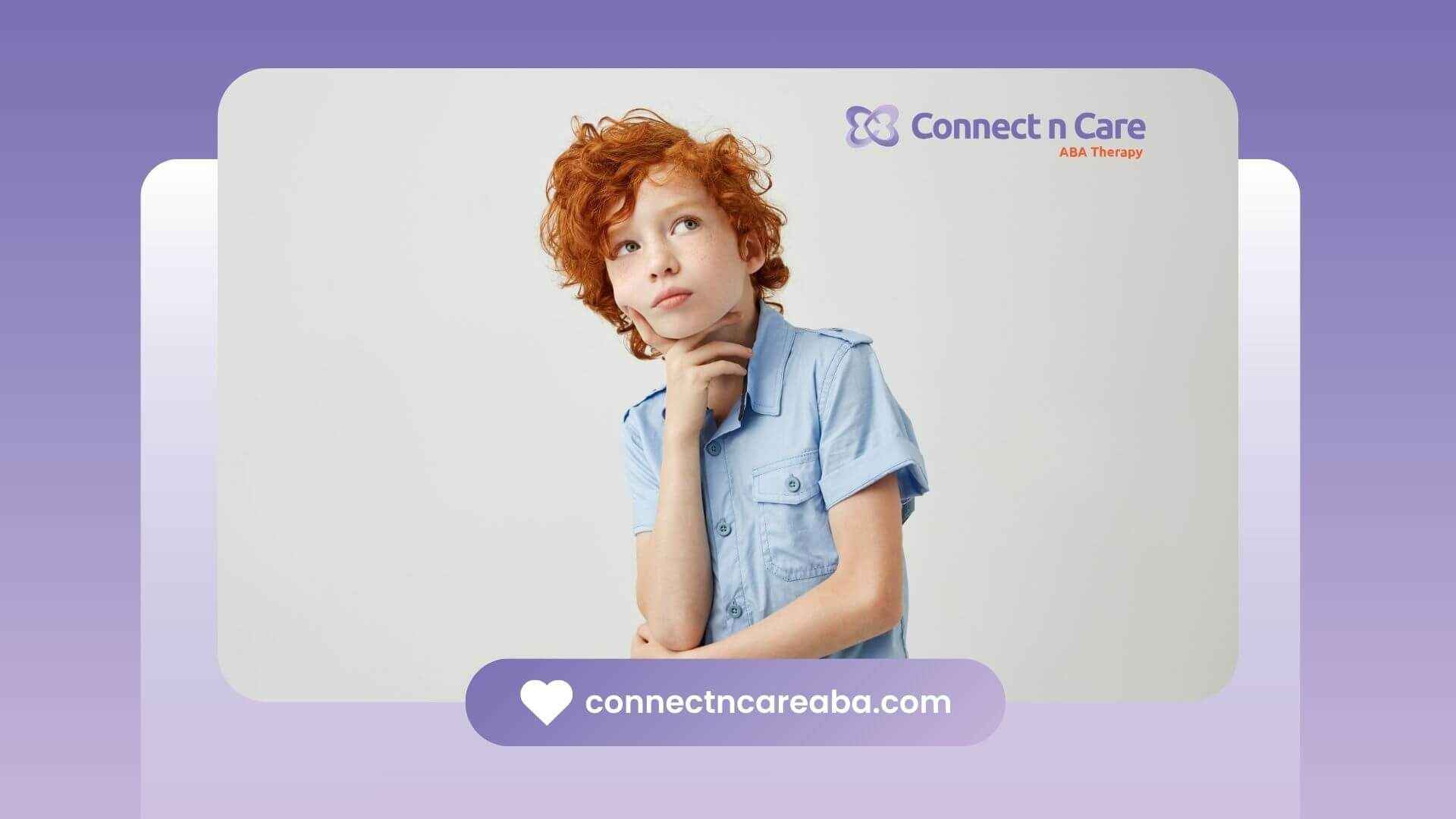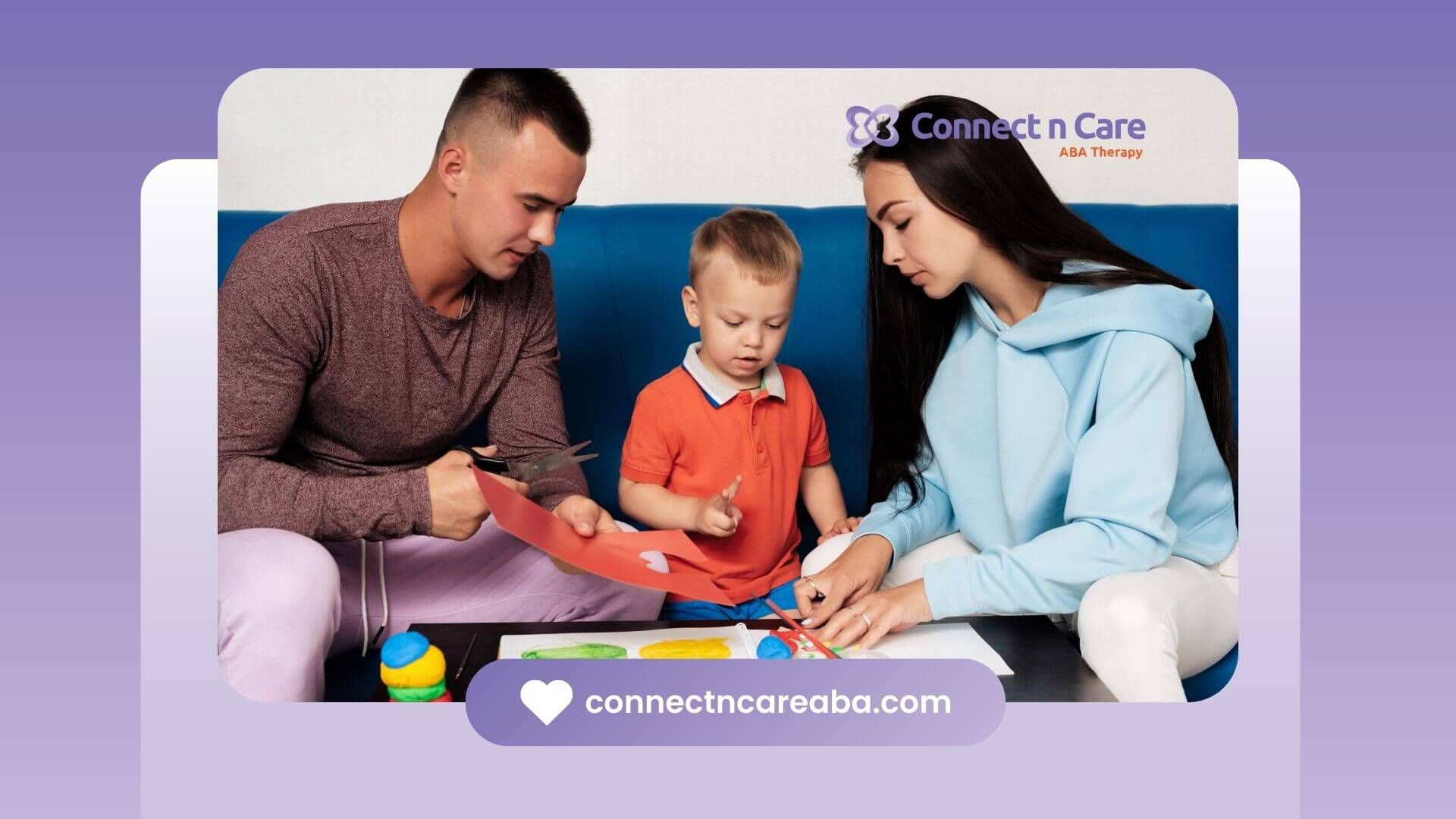Autism Spectrum Disorder (ASD) is a developmental disorder that impacts how individuals communicate, behave, and interact with others. One of the significant areas affected by autism is learning. Children with autism may experience unique challenges in educational settings, making it crucial to understand these challenges and implement effective strategies to support their learning journey. This blog delves into how autism affects learning and provides practical tips to help children with autism thrive academically.
Understanding Autism and Its Impact on Learning
Autism is characterized by a range of symptoms and behaviors that can vary widely from one individual to another. The spectrum nature of autism means that some children may have mild symptoms, while others may have more severe challenges. These differences can significantly impact how children with autism learn and process information.
Common Autism Behaviors and Symptoms
1. Communication Difficulties
Communication is a fundamental aspect of learning. Children with autism often face challenges in both verbal and non-verbal communication, which can affect their ability to express needs, understand instructions, and engage in classroom discussions. These difficulties can lead to frustration and hinder academic progress.
2. Social Interaction Challenges
Social interaction is another area where children with autism may struggle. In a typical classroom setting, social interactions play a crucial role in learning activities such as group work, discussions, and peer-to-peer learning. Children with autism may find it challenging to interpret social cues, maintain eye contact, or engage in reciprocal conversations, which can impact their learning experience.
3. Sensory Sensitivities
Many children with autism have sensory sensitivities, meaning they may be over or under-sensitive to sensory stimuli such as light, sound, touch, or smell. These sensitivities can create distractions and discomfort in a typical classroom environment, making it difficult for the child to concentrate and participate in learning activities.
4. Behavioral Challenges
Behavioral challenges are common in children with autism and can manifest in various ways, including repetitive behaviors, resistance to change, and difficulty managing emotions. These behaviors can disrupt the learning environment and make it challenging for children with autism to focus on academic tasks.
5. Executive Functioning Deficits
Executive functioning refers to a set of cognitive processes that include planning, organizing, problem-solving, and time management. Children with autism often have deficits in executive functioning, which can impact their ability to complete tasks, follow multi-step instructions, and manage their time effectively.
Strategies to Support Learning in Children with Autism
Understanding the unique challenges faced by children with autism is the first step in supporting their learning. Here are some effective strategies that educators and parents can implement to help children with autism succeed academically:
1. Individualized Education Plans (IEPs)
An Individualized Education Plan (IEP) is a customized learning plan designed to meet the specific needs of a child with autism. IEPs include tailored goals, accommodations, and support services to address the child's unique challenges. Regular review and adjustments to the IEP ensure that it remains effective in promoting the child's academic growth.
2. Visual Supports
Visual supports, such as picture schedules, visual timers, and graphic organizers, can help children with autism understand and follow instructions. These tools provide clear, concrete representations of information, making it easier for children to process and retain what they have learned.
3. Structured Learning Environments
Creating a structured and predictable learning environment can help children with autism feel more comfortable and focused. Consistent routines, clear expectations, and organized classrooms reduce anxiety and provide a stable foundation for learning.
4. Social Skills Training
Social skills training can help children with autism develop the skills needed to interact effectively with peers and adults. Role-playing, social stories, and peer modeling are some of the techniques used to teach social skills in a supportive and controlled environment.
5. Sensory-Friendly Classrooms
Adapting the classroom environment to accommodate sensory sensitivities can significantly improve the learning experience for children with autism. This may include reducing noise levels, providing quiet areas, using soft lighting, and offering sensory tools such as fidget toys or weighted blankets.
6. Positive Behavior Support
Positive behavior support (PBS) is an approach that focuses on understanding the reasons behind challenging behaviors and teaching alternative, appropriate behaviors. PBS involves identifying triggers, providing consistent consequences, and reinforcing positive behaviors to promote a more conducive learning environment.
7. Collaboration with Specialists
Collaboration with specialists such as speech therapists, occupational therapists, and behavioral therapists can provide valuable support for children with autism. These professionals offer targeted interventions that address specific areas of need, enhancing the child's overall learning experience.
8. Parental Involvement
Parental involvement is crucial in supporting the learning of children with autism. Parents can reinforce learning at home, advocate for their child's needs, and provide valuable insights to educators about their child's strengths and challenges. Building a strong partnership between home and school fosters a cohesive and supportive learning environment.
Conclusion
Understanding how autism affects learning is essential for creating inclusive and effective educational experiences for children with autism. By recognizing the unique challenges these children face and implementing targeted strategies, we can help them reach their full potential.
At Connect n Care, we are dedicated to providing comprehensive support for children with autism, helping them thrive academically and beyond. Our team of experienced professionals is committed to creating individualized plans that cater to each child's unique needs, ensuring they receive the best possible education and care.









